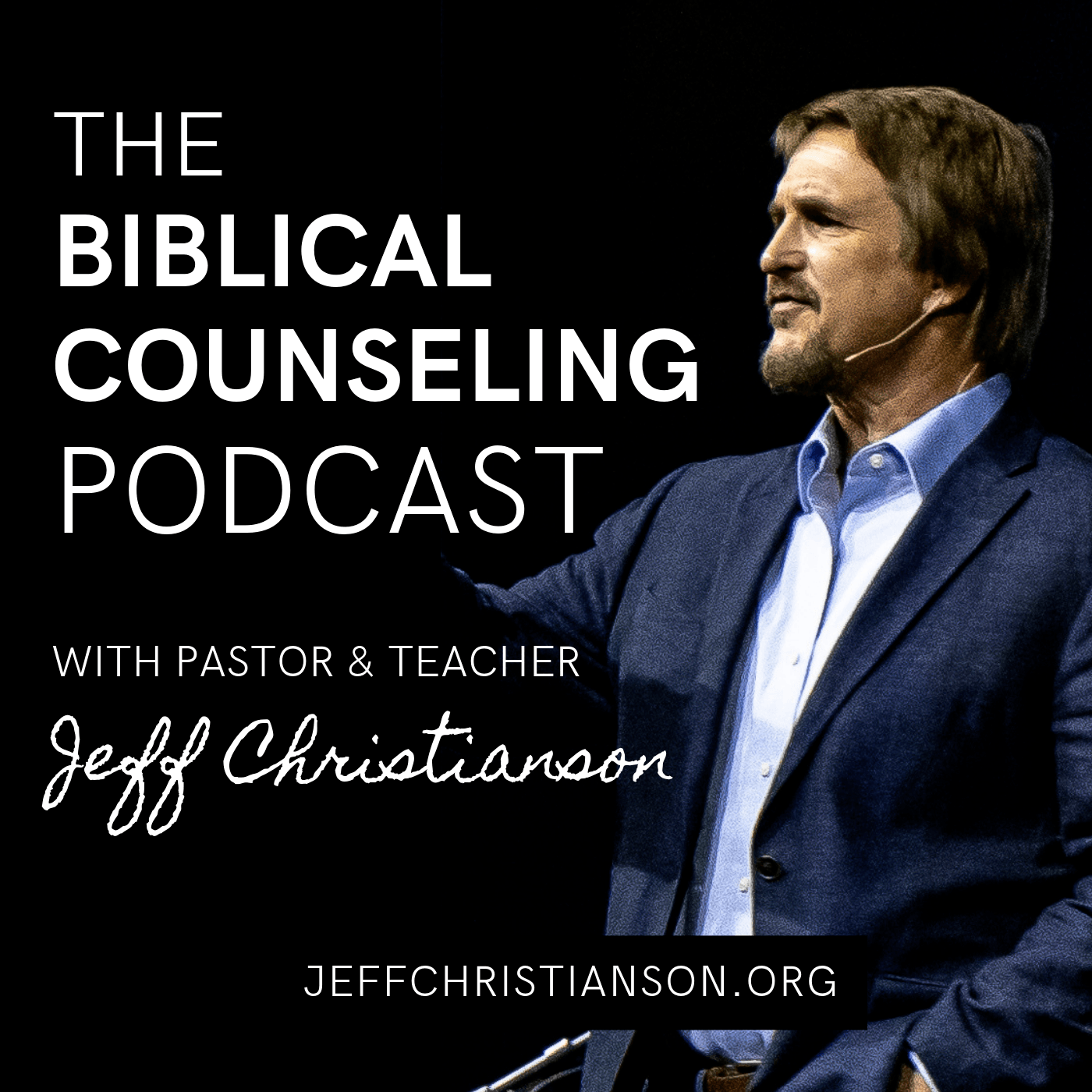

Listen to the Latest Episode Here!
Conflict Resolution and Unrepentant Christians
What You'll Discover in this Episode:
Conflict Resolution and Unrepentant Christians
How do you deal with conflict resolution and repentant Christians?
What do you do after you've exhausted all scenarios of Matthew 18, Luke 17, Matthew 5? What do you do when you've done the ideal way to respond to conflict? To communicate and reach resolution and restore Christian fellowship; to be humble and willing?
Maybe you faced the difficult task of trying to resolve conflict with those who will not change their behavior, or they’ve sinned, but they will not repent or just divisive, won’t come under church leadership or they will not cooperate. What do you do?
Remember, that conflicts need to be dealt with biblically. It isn’t easy but the conclusion is a restoration of love and Christian fellowship, time to heal and trust to be built.
We need to bear with one another, extend love and be able to get along with people the best of our ability and not necessarily be forced in relationship.
What if the other person is unrepentant, rebellious and unwilling to place themselves under church discipline or leadership?
From the past podcast episodes we have learned that there are three levels of conflict:
- Personality differences
- Conviction or righteousness matters
- Because of sin
To further understand how we should deal with this, let's look at trends in our current culture:
- Blame shifting – people shift the blame to others and own no contribution in the conflict
- Talk to everyone about the conflict - Not going directly to the person with whom the conflict is. This is resolved by working directly with them even if time has passed, even if you’re not finding resolution, even if you go step-by-step. You continue to circle back.
- Pick up and leave – cutting relationship and abruptly leave.
- Refusal to walk in humility – a person is determined to show themselves right, sometimes an apology isn’t even enough to certain people.
In 2 Timothy 3, “…men will be lovers of themselves.” This is self-love. This is conflict resolution in the age of outrage where there's blame shifting, cutting relationships off and refusing to walk in humility abound.
How do we deal with these challenges? What do you when people are uncooperative in conflict resolution? The first thing is to be aware of this.
“When a person refuses to extend forgiveness, if the one who has taken steps to reconciliation cannot obtain forgiveness from the other person, then he/she has done all that he/she can do under the circumstances, the next instructions in the Bible regarding that relationship are: Romans 12:18. All you can do is what God requires you to do and leave the rest with God.”
- Competent to Counsel by Jay Adams page 227.
If it is possible as much as it depends on you, live peaceably with all men. If you’ve done all you can, there needs to be a point in time where say, “Lord, I turn this over to you. I’ve extended every bit of biblical wisdom and empowering by the Holy Spirit. I have humbled myself. I have attempted to help but they won’t follow through.”
There comes a point where you have to say to one or the other, “Look, we’ve done what we can. Let’s leave it God.”
Hopefully, in time, people will mature. Certain people when they’re younger and haven’t gone through battles of life, they will hold on to grudges. When bitterness takes root, it is brutal, deadly and poison to that person’s soul.
Some people grow and they’re sanctified and circle back around and learn to extend the mercy, grace and forgiveness they’ve received because they know they’ve committed offences and once had sinned against another, brought conflict against another.
Sometimes when you leave it with God, in time, God grows the person and brings reconciliation down the road. So, don’t give up. Don’t give up on people. Don’t give up on what God might do.
“…if it is possible, as much as it depends on you, leave peaceably with all men.” Romans 12:18
Resources:
A Classic in the Field of Christian Counseling Competent to Counsel has helped thousands of pastors, students, laypersons, and Christian counselors develop both a general approach to Christian counseling and a specific response to particular problems. Using biblically directed discussion, nouthetic counseling works by means of the Holy Spirit to bring about change in the personality and behavior of the counselee. As Dr. Jay Adams points out in his introduction, "I have been engrossed in the project of developing biblical counseling and have uncovered what I consider to be a number of important scriptural principles. . . . There have been dramatic results. . . . Not only have people’s immediate problems been resolved, but there have also been solutions to all sorts of long-term problems as well." Since its first publication in 1970, this book has gone through over thirty printings. It establishes the basis for and an introduction to a counseling approach that is being used in pastors’ studies, in counseling centers, and across dining room tables throughout the country and around the world...







